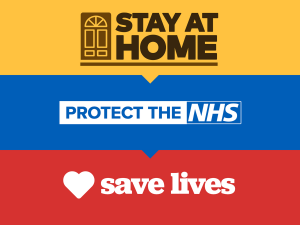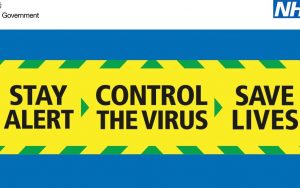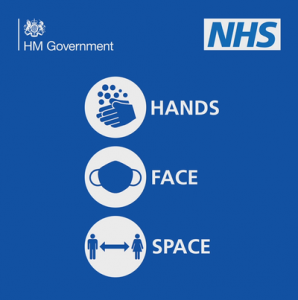Stay alert: green comms lessons from the Government’s Covid slogans
The Covid-19 crisis has seen more public behaviour messaging on anything I can remember since AIDS first crashed into the public consciousness in the late 1980s. Given that tackling climate change also requires behaviour change by millions if not billions of people, what can we learn from the Government’s attempts to get us to avoid spreading the virus?

The first attempt at messaging only really asked us to do one thing: stay home. And this is did very well, by linking that action to the cherished NHS and the wider ambition of saving lives. Nice and simple, easy to understand, with that emotional pull as well as the exact action required, this was an excellent start.

And then it all went horribly wrong with the infamous ‘stay alert, control the virus’ version. OK, we were re-emerging from lockdown so the message was much more complex, but what does it mean? Stay alert for what? Dodging the cough of others? I’m not a ninja. How can I control the virus? ESP? This is highly reminiscent of all those posters urging people to “save the planet” – it means something to the person producing the slogan, but what do they actually want the audience to do? This is the public health/environmental version of virtue signalling, effectively “we are keen for you to do something, but you’ll have to work that out for yourselves, our job is done.” Awful, in a word.

More recently, a new improved version has quietly emerged, perhaps conscious of the ridicule rightly heaped on Stay Alert debacle. Now we have three actions, reinforced by just three words and three clear icons (always good when dealing with multilingual audiences). I’ve read a public health expert complaining that the last one, space, should be first, but I think this misunderstands the purpose of communication – to resonate with the audience. To me, the ‘hook’ of that little internal rhyme at the end is much more important in embedding the three words in people’s minds than the exact prioritisation of the tasks. Better a good enough message that people listen to than a perfectly correct one that everyone ignores.
My only criticism of ‘hands, face, space’ is that it is a bit cold. It lacks the emotional punch of ‘protect the NHS, save lives’ adds to the importance of ‘stay home’ in the original version. But given it is trying to impart three instructions rather than one, this is almost inevitable. It is noticeable that this slogan turns up in newspaper spreads urging us to follow the rules to ‘save Nan’ – pulling on those heartstrings.
This shows us that the ideal message is one that is simple, clear, precise, actionable and has an emotional connection to the audience. When it comes to reaching out to the public on, say, climate change, we need to do much better than the empty rhetoric of “save the planet”, we have to work out what precisely we want people to do and then find the simplest way of getting that across.

